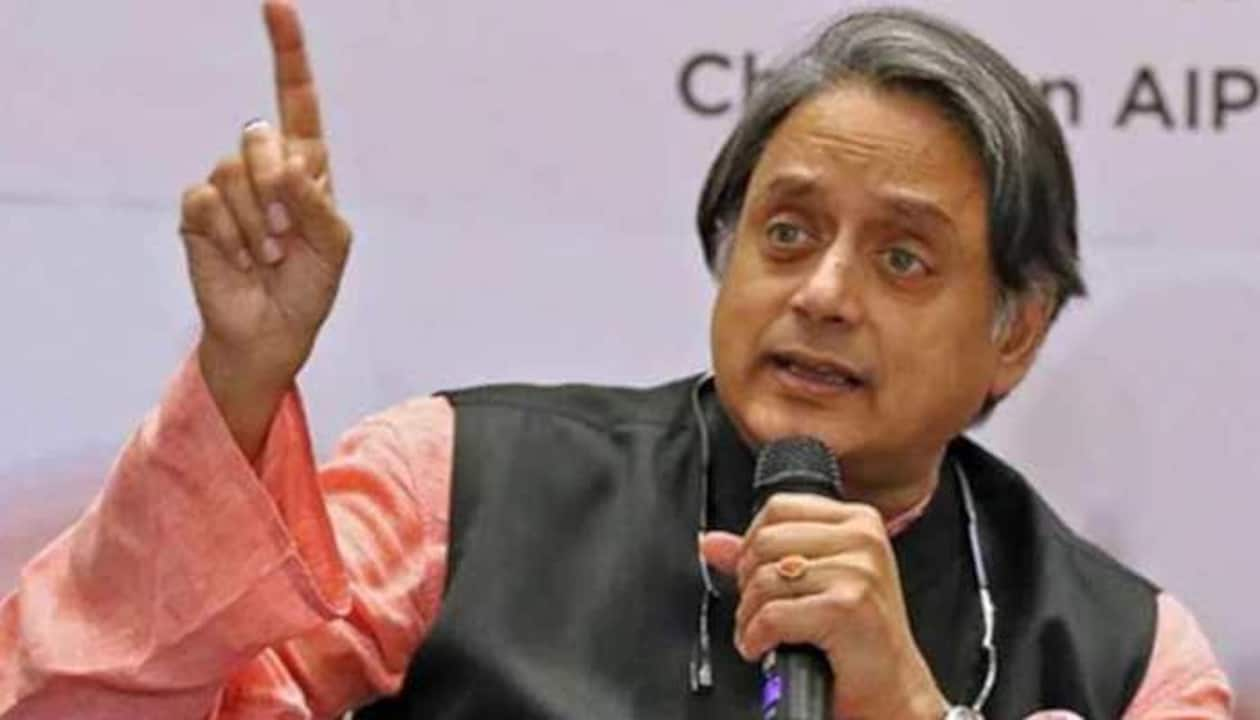Congress leader Shashi Tharoor, in response to the mass suspension of opposition MPs from Parliament, declared a crisis for parliamentary democracy in India. Tharoor, a suspended Lok Sabha MP, participated in a march from the Parliament building to Vijay Chowk, protesting against the suspension of opposition lawmakers who were seeking Union Home Minister Amit Shah’s statement on the December 13 security breach.
Tharoor criticized the government’s disregard for its responsibility to run Parliament in a parliamentary democracy, highlighting the refusal of Shah to appear in the House after a major security breach. Tharoor expressed disappointment over the suspension of MPs who demanded the Home Minister’s presence and a discussion on the issue. He called the government’s actions unacceptable and a failure to honor the conventions of parliamentary democracy.
The passage of three criminal law bills in the Lok Sabha in the absence of 97 MPs was termed a “disgrace” by Tharoor. He criticized the government for bulldozing laws without consultation or discussion with the opposition, stating that it is a moment to contemplate the decline of parliamentary democracy in the country.
A total of 143 MPs—97 from Lok Sabha and 46 from Rajya Sabha—have been suspended for disrupting proceedings and demanding a statement from Union Minister Amit Shah on the Parliament security breach incident. Tharoor’s remarks reflect growing concerns about the state of democracy in the wake of the recent events in Parliament.
Another suspended MP, John Brittas of CPI(M), suggested that the Centre should amend the Constitution to declare India a monarchy. He characterized the situation as the brutal killing of democracy, asserting that the country has become an “Opposition-Mukt Parliament.”
Meanwhile, Rajya Sabha Leader of Opposition Mallikarjun Kharge denounced the passage of important legislations by suspending opposition MPs, describing it as a form of authoritarianism rather than democracy. Kharge called on the people of India to save democracy, emphasizing the need to raise voices against what he referred to as “dictatorship.”







